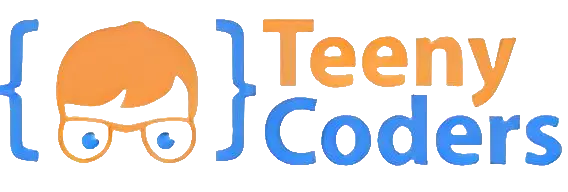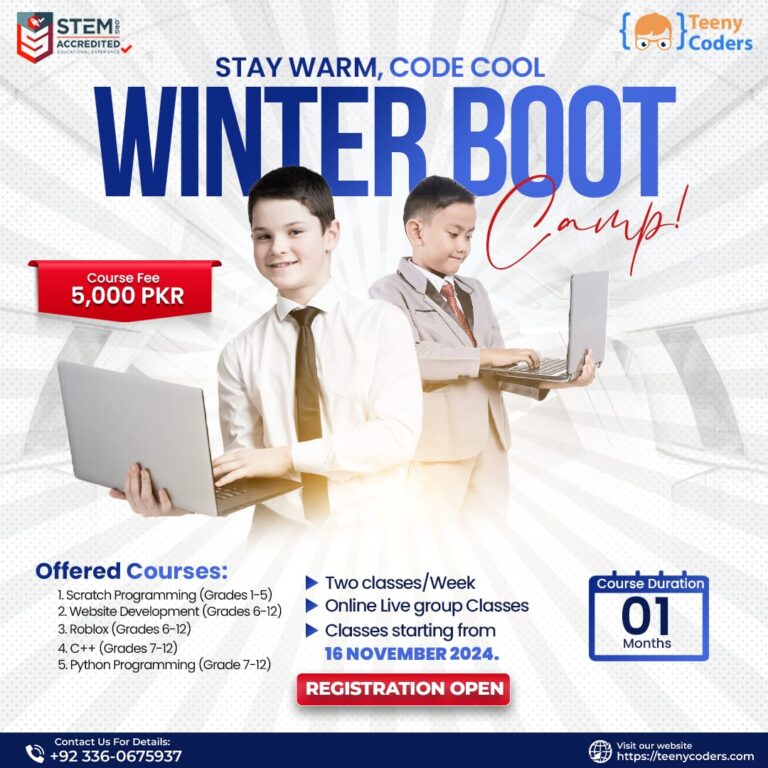In the fast-paced world of technology, mastering technical skills is crucial for professional growth and innovation. One of the most essential skills in this realm is “programming”. From building websites to developing software applications, programming empowers individuals to create solutions for real-world problems. Intricacies of technical learning with a focus on programming, providing insights, tips, and resources to help you embark on this exciting journey.
Technical Learning Foundations of Programming
Programming is the process of creating instructions that enable a computer to perform specific tasks. At its core, it involves writing “code”, which is a set of commands that tell a computer what to do. To excel in programming, it’s essential to understand the foundational concepts:
Variables and Data Types
Control Structures
Control structures, including “loops” and “conditionals”, allow programmers to control the flow of execution in a program. Loops enable repetitive tasks to be performed efficiently, while conditionals allow for decision-making based on specified conditions.
Functions and Algorithms
Functions are blocks of code that perform specific tasks, and they promote code reusability and modularity. Algorithms are step-by-step procedures for solving problems, and they form the backbone of “software development”.
Choosing the Right Programming Language
With a plethora of programming languages available, choosing the right one can be daunting. Each language has its strengths and weaknesses, and selecting the appropriate language depends on factors such as “project requirements”, “industry trends”, and “personal preferences”. Some popular programming languages include:
Python:
Known for its simplicity and readability, Python is widely used in “web development”, “data analysis”, and “artificial intelligence”.
JavaScript:
As the language of the web, JavaScript is essential for building interactive “websites” and “web applications”.
Java:
Renowned for its platform independence, Java is commonly used for “enterprise software” and “Android app development”.
C++:
With its emphasis on performance and efficiency, C++ is favored for “system programming” and “game development”.
Embracing Continuous Learning and Practice
Technical learning, especially in programming, is an ongoing journey that requires dedication and practice. To “master” programming skills, consider the following strategies:
Hands-On Projects
Engage in hands-on projects that challenge you to apply theoretical concepts in practical scenarios. Building “real-world applications” not only reinforces learning but also fosters creativity and problem-solving skills.
Online Resources and Communities
Take advantage of online resources such as “tutorials”, “forums”, and “coding communities”. Platforms like “GitHub” and “Stack Overflow” provide valuable insights, code snippets, and peer support for “aspiring” and “experienced” programmers alike.
Continuous Improvement
Stay updated with the latest “technologies” and “best practices” in the programming landscape. Attend “workshops”, “conferences”, and “meetups” to network with industry professionals and expand your knowledge base.
Overcoming Challenges and Persisting
While the journey of technical learning can be rewarding, it’s not without challenges. From “debugging” code to grappling with complex “concepts”, setbacks are inevitable. However, perseverance is key to overcoming obstacles and achieving success. Remember these “tips”:
- Break down problems into smaller, manageable tasks.
- Seek help from “mentors” and “peers” when encountering roadblocks.
- Embrace failure as a learning opportunity and iterate on your solutions.
Conclusion
In conclusion, mastering technical learning with programming is a transformative endeavor that opens doors to endless possibilities. By understanding the foundational concepts, choosing the right programming language, embracing continuous learning, and overcoming challenges with persistence, you can embark on a fulfilling “journey” of “growth” and “innovation”. So, roll up your sleeves, dive into the world of programming, and unlock your full “potential”.


